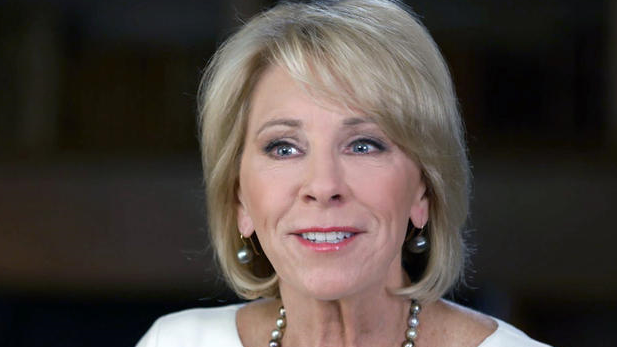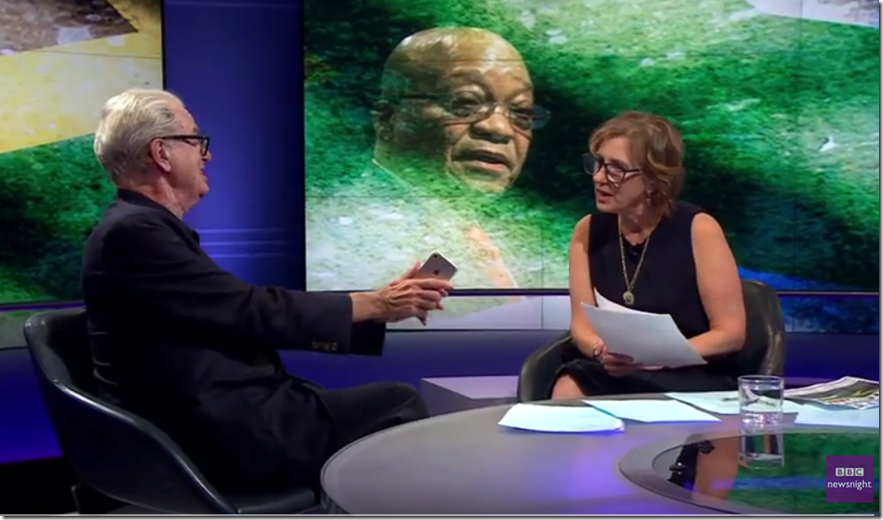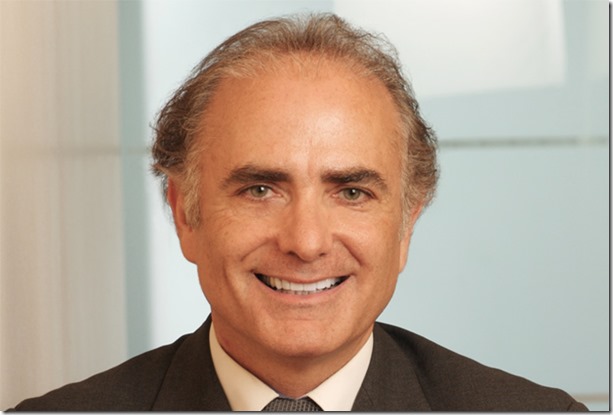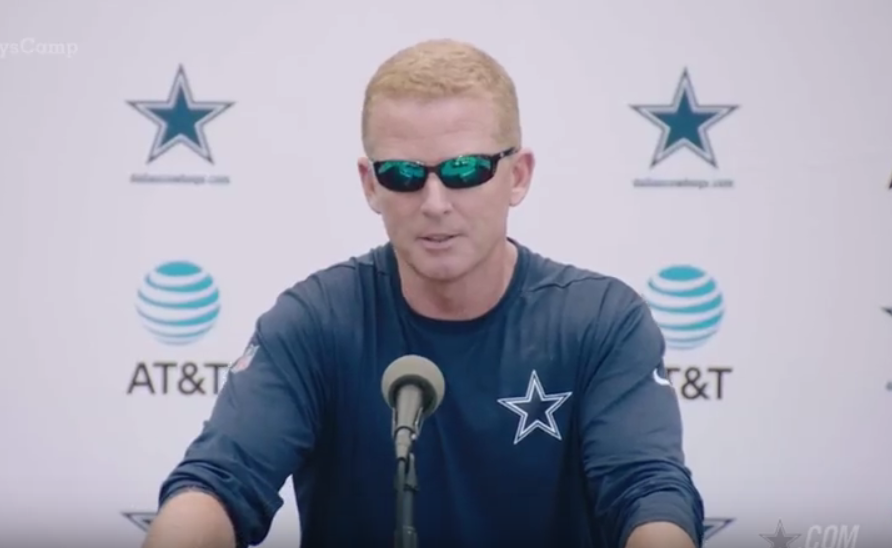The Betsy DeVos 60 Minutes Interview Debacle
U.S. Secretary of Education Betsy DeVos was interviewed by Lesley Stahl on CBS’s 60 Minutes Sunday night.
Her goal was to highlight the Trump Administration’s views on education policy and school choice. Instead, one stunningly flat-footed exchange went viral almost immediately, calling into question her knowledge about public schools, school choice, and the very agency she leads.
According to CNN, White House officials were “alarmed” by her performance.
In this post, I’ll focus on where she went wrong and how leaders and spokespersons can better prepare for challenging interviews. (This post does not express a view on educational policy; whether or not you agree with her, I’ve seen many people who share her views defend them far more capably.)
Below, you’ll find the transcript of the exchange that went viral, accompanied by six takeaway lessons.
Stahl: Why take away money from that school that’s not working, to bring them up to a level where they are, that school is working?
DeVos: Well, we should be funding and investing in students, not in school, school buildings, not in institutions, not in systems. And it…
Stahl: Okay. But what about the kids who are back at the school that’s not working? What about those kids?
DeVos: Well, in places where there have been, where there is, a lot of choice that’s been introduced—Florida, for example, the studies show that when there’s a large number of students that opt to go to a different school or different schools, the traditional public schools actually, the results get better, as well.
Lesson One: Prepare for follow-questions.
The answer above was good, in that she offered a specific example about Florida that helped to prove her broader point. But in doing so, she set herself up for an inevitable follow up about her own home state, in which school choice offers a poorer example. That in itself isn’t necessarily a problem—if the interviewee is prepared for the question with a credible argument.
Stahl: Now, has that happened in Michigan? We’re in Michigan. This is your home state.
DeVos: Michigan, yes, well, there’s lots of great options and choices for students here.
Stahl: Have the public schools in Michigan gotten better?
DeVos: I don’t know. Overall, I, I can’t say overall that they have all gotten better.
Lesson Two: Challenge the premise of the question.
Ms. Stahl’s question assumed that choice schools are directly responsible for the decline of public schools. Ms. DeVos could have challenged that premise by pointing out that each state has different laws, education models, and policymakers with different priorities, which makes it unfair to compare one state directly with another.
Or she might have pointed out that many factors explain why a school system might sink or rise and that pointing to school choice alone offers an incomplete explanation.
Instead, she said she didn’t know, not only erasing the good from her Florida example, but sowing doubts about her knowledge on the topic in general. Rather than closing the door on this line of questioning, her uninspired response left it open—and Stahl noticed. DeVos’s admitted ignorance is particularly surprising, as she and her family have given millions of dollars to school choice efforts in Michigan.
Stahl: The whole state is not doing well.
DeVos: Well, there are certainly lots of pockets where this, the students are doing well and…
Stahl: No, but your argument, that if you take funds away that the schools will get better, is not working in Michigan where you had a huge impact and influence over the direction of the school system here.
Lesson Three: Maintain your poise.
By this point in the interview, Secretary DeVos’s body language shifted from open and warm to closed and tense with pursed lips, making her discomfort obvious to even the most casual observer.

DeVos: I hesitate to talk about all schools in general because schools are made up of individual students attending them.
Stahl: The public schools here are doing worse than they did.
DeVos: Michigan schools need to do better. There is no doubt about it.
Lesson Four: Bridge to your message.
DeVos failed to advance an argument. She could have talked about how her policies might improve Michigan’s public and private schools; instead, she merely agreed with Stahl and conveyed a general sense of weariness.
Stahl: Have you seen the really bad schools? Maybe try to figure out what they’re doing?
DeVos: I have not, I have not, I have not intentionally visited schools that are underperforming.
Lesson Five: Every answer offers another opportunity.
If her body language shifted moments earlier, her language became uneasy here too, stammering “I have not” three times in a row. And her word choice of intentionally seemed odd here (might a Secretary of Education unintentionally visit a bad school?). My sense is that she was on the ropes by this point and understood that the interview wasn’t going her way. But every question offers another opportunity to provide a solid answer—and it’s imperative not to let previous interviewing errors compound themselves by getting too far inside your head while the interview is still in progress. As I tell our clients, you can self-flagellate when it’s over, but never while the camera is still on.
Stahl: Maybe you should.
DeVos: Maybe I should. Yes.
Lesson Six: Sometimes the editing makes a bad moment sting even worse.
This was one such moment.
Some conservatives have complained that DeVos was the victim of media bias, selective editing, and an unfair interviewer. And, in fairness, the raw video might be kinder than the edited version. But Lesley Stahl is in her third decade with 60 Minutes and has long been regarded as an incisive interviewer. Both she and 60 Minutes are known quantities. DeVos accepted the interview. And forewarned is fairarmed.
At least it should be.
Like the blog? Read the book! A free preview of The Media Training Bible is below.


